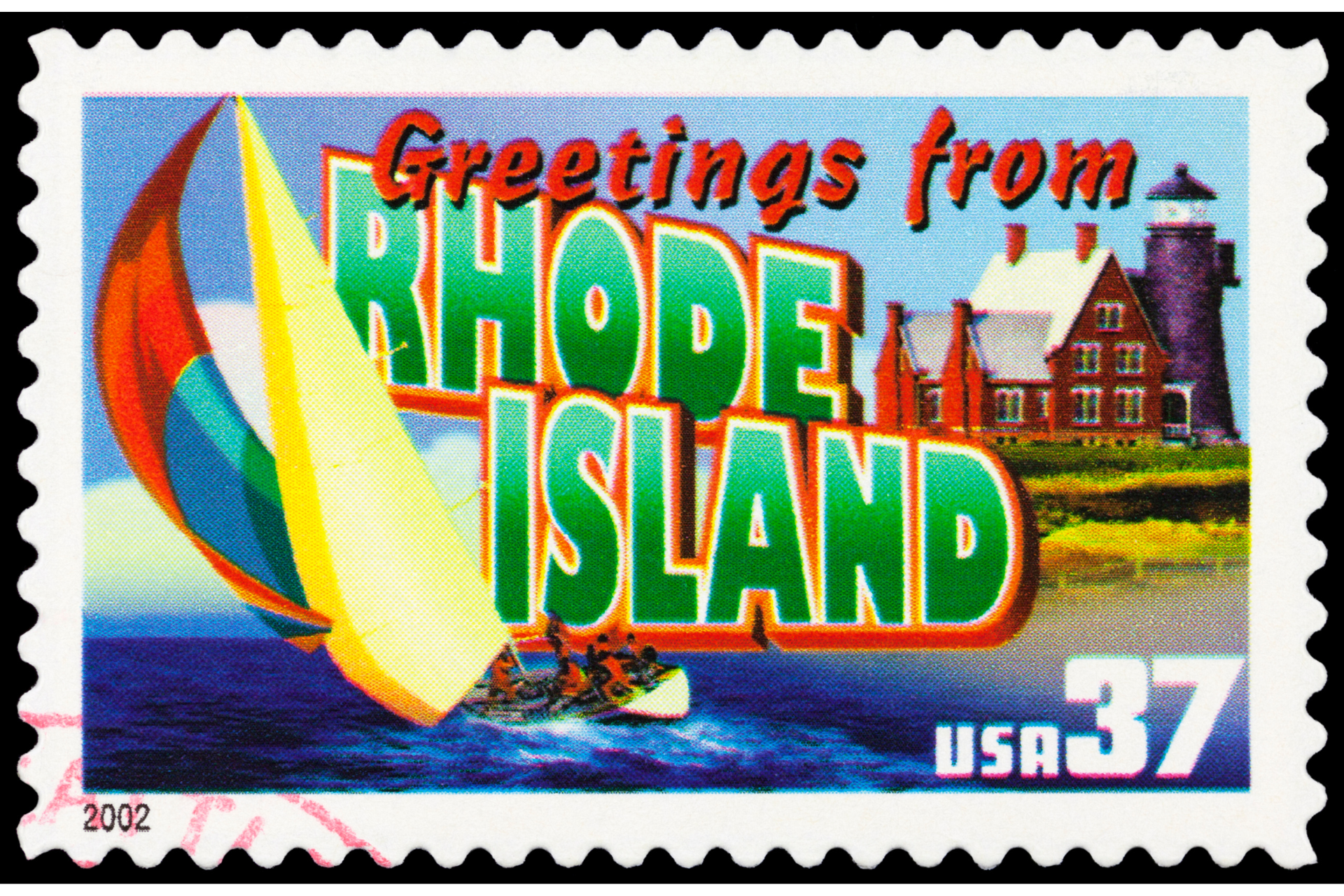The Puerto Rico Status Act, a bill currently in Congress, provides for a vote in Puerto Rico to choose among three options: independence, statehood, and free association. While statehood and independence are clear cut choices with plenty of examples, a “free association” option would be more ambiguous to the typical Puerto Rican voter.
The United States currently has compacts of free association with three independent nations in the Pacific: the Federated States of Micronesia, the Marshall Islands, and Palau. The relationships among the United States and these nations can provide some clues to how free association might work out for Puerto Rico.
One certainty is that U.S. involvement in the freely associated states (FAS) is premised on its military authority in the region. This military involvement of the United States in FAS is permanent. Related economic support provided by the U.S. to the FAS, on the other hand, expires and must be renegotiated to continue. Even if Puerto Rico were able to negotiate a compact of free association like the description in the Puerto Rico Status Act, Puerto Ricans should expect U.S. military presence on the islands to increase, while any economic assistance would be more limited (there is, for example, no Medicaid or Medicare in the FAS) and subject to ongoing negotiations.
Current negotiations
Congress is considering renewal of the Compacts of Free Association the United States has with the three FAS. Special Presidential Envoy and chief U.S. negotiator Ambassador Joseph Yun spoke with Voice of America, the government-owned international news source, about the negotiations.
“Compact agreements are very unique in U.S. foreign policy in that the United States guarantees these island states their security. In return, these island states have given us full defense rights. Not only are we responsible for defending them, we are also responsible for keeping out anyone we – and they – deem not appropriate,” Yun explained. “These countries, their citizens, have the right to come and live in the U.S. and work and of course go to school in the U.S. without visas, and that’s a unique right. Lastly, the United States helps them out economically through economic assistance. Every 20 years the provision of these economic systems expire, and they have to be renewed.”
The trade off
The United States is committed to defend the three FAS nations. They are completely independent nations, although they rely heavily on U.S. financial support. The U.S. defends them and provides various benefits, but only under the terms agreed to. The United States, as part of the agreement, gets to make decisions for the FAS. The trade-off is defense and limited economic support in exchange for U.S. military authority in each FAS, which are otherwise sovereign countries.
“These countries have opened their land and their seas to the U.S., and so we have built a number of military facilities in this region,” said Yun. “In the Marshall Islands, we have an army garrison – army base essentially – in Kwajalein [Atoll] that will track long-range ICBMs that are fired from either Alaska or mostly California. We also have facilities in Palau. Our agreements allow for additional facilities in these countries. These countries have allowed us to deny anyone who may want to come in there.”
The Voice of America interviewer asked, “What is the U.S. responsibility to the Marshallese people to increase the level of compensation so that they can feel satisfied the U.S. military presence there is worthwhile?” The question shows the understanding that military installations and authority are the cost to the FAS of receiving benefits from the United States.
“Forty years ago, the U.S. and Marshall Islands signed an agreement which states that through payment of $150 million at that time, the U.S. met its legal responsibilities for nuclear damages, and the Marshall Islands accepted that,” Yun responded. He went on to make clear that the U.S. has decision-making power over how the funds given to the FAS are spent.
What’s in it for the United States?
“It would be fruitless for me to deny that China is a big factor in the urgency and the necessity of the deal,” Yun said. “The Chinese have been very aggressive in the Pacific. Parts of these three states are critical for the control of the overall Pacific.”
China is increasingly aggressive in the Caribbean and in Latin America, as well. If Puerto Rico were to choose free association with the United States, the same kind of strategic decision making could be required. Puerto Rico historically rejected U.S. military presence on the Island. It would certainly be part of any compact of free association negotiated with the United States. The Puerto Rico Status Act does not include discussion of this point.



STATEHOOD OR INDEPENDENCE ARE THE ONLY LOGICAL CHOICES.
DO NOT LISTEN TO THE NEVER ENDING LINE OF BS BEING OFFERED.
THE PEOPLE OF PUERTO RICO, AND ONLY THE PEOPLE OF PUERTO RICO, NEED TO DECIDE. THIS IS AN ITEM FOR THE RESIDENTS OF THE ISLAND. IF THE ISLANDERS LIVING IN THE U.S WANT TO HAVE INPUT MOVE BACK TO PUERTO RICO.